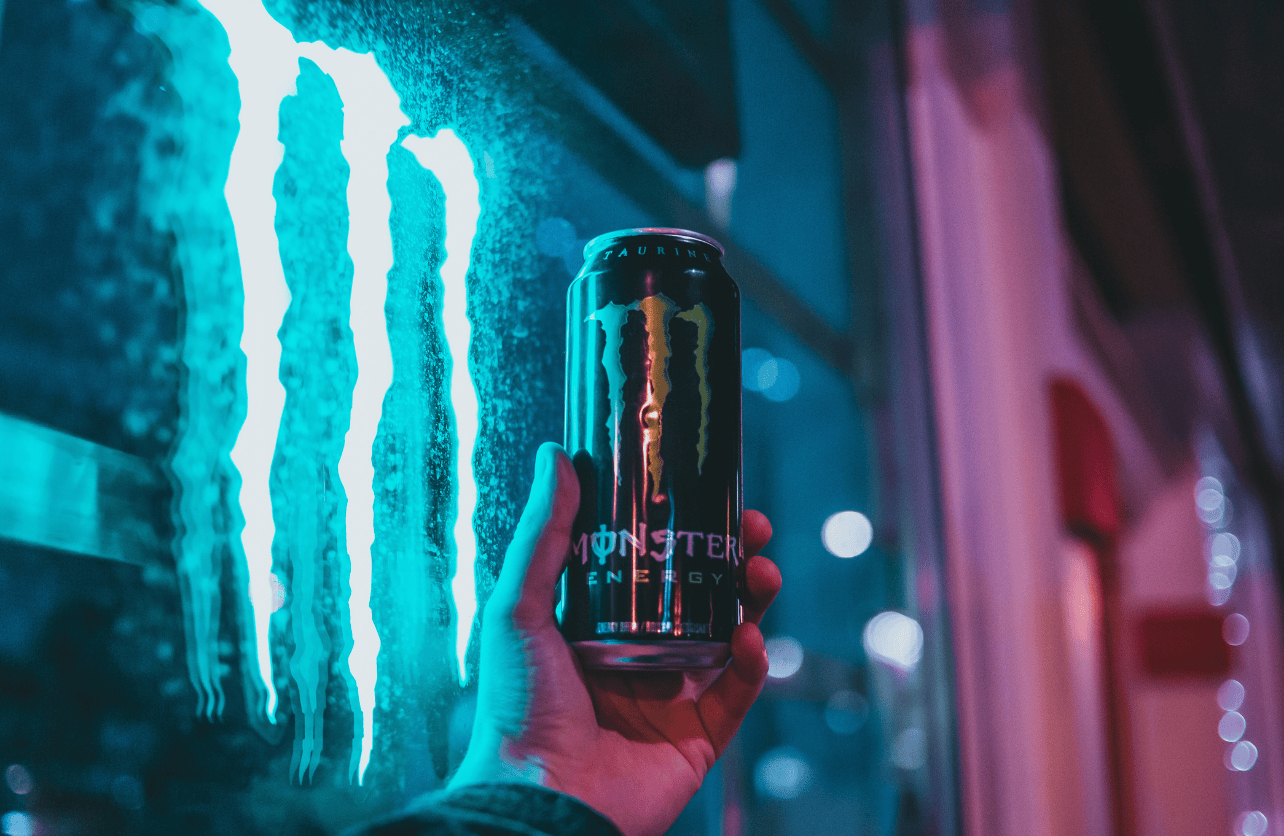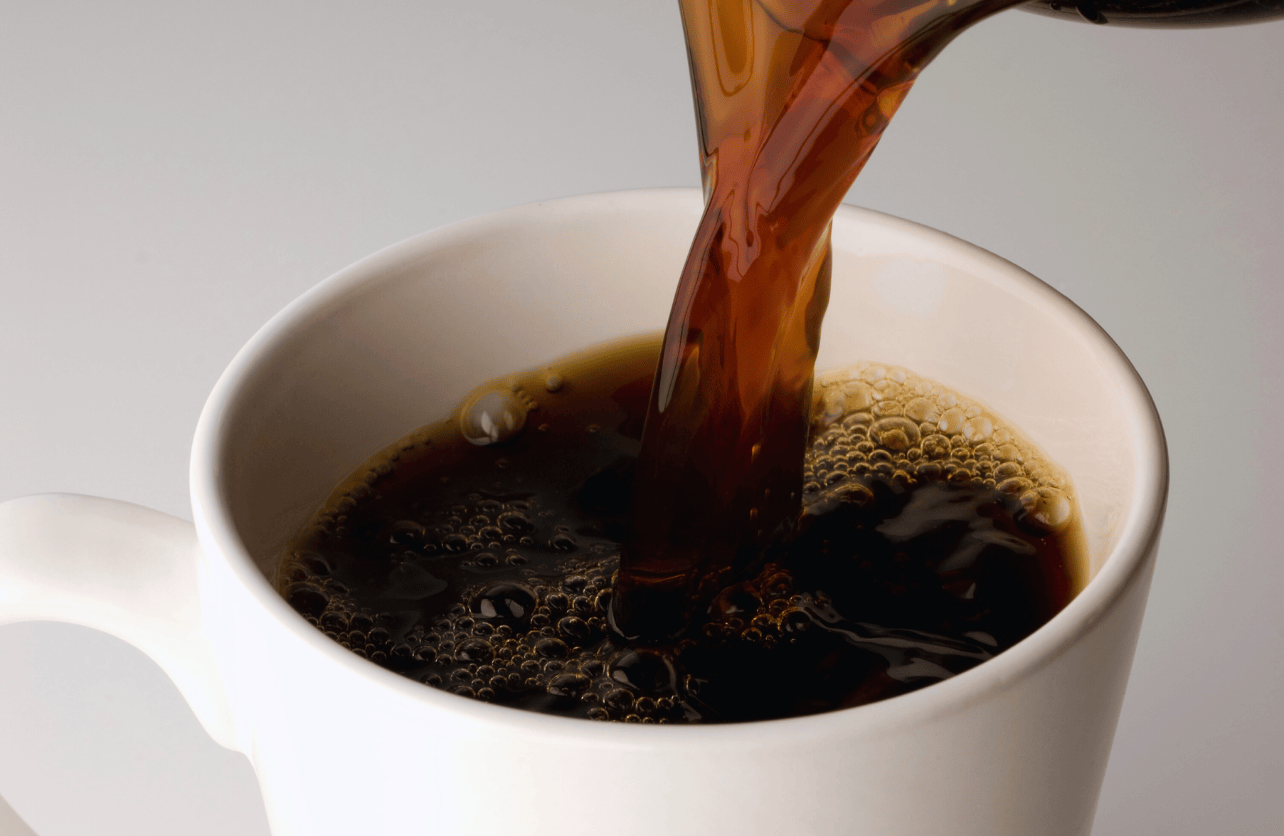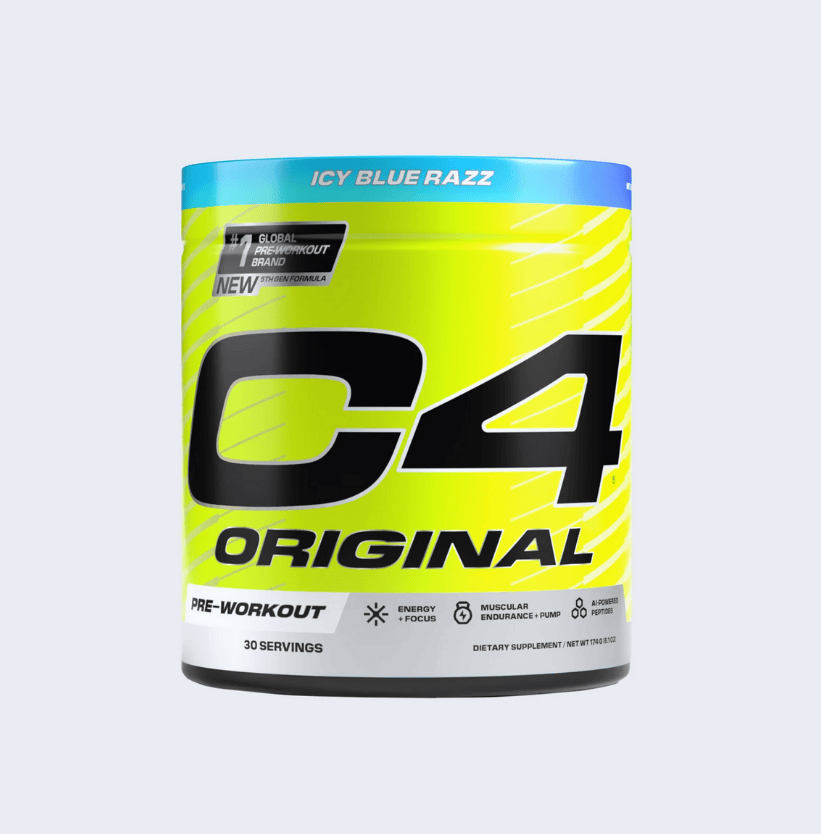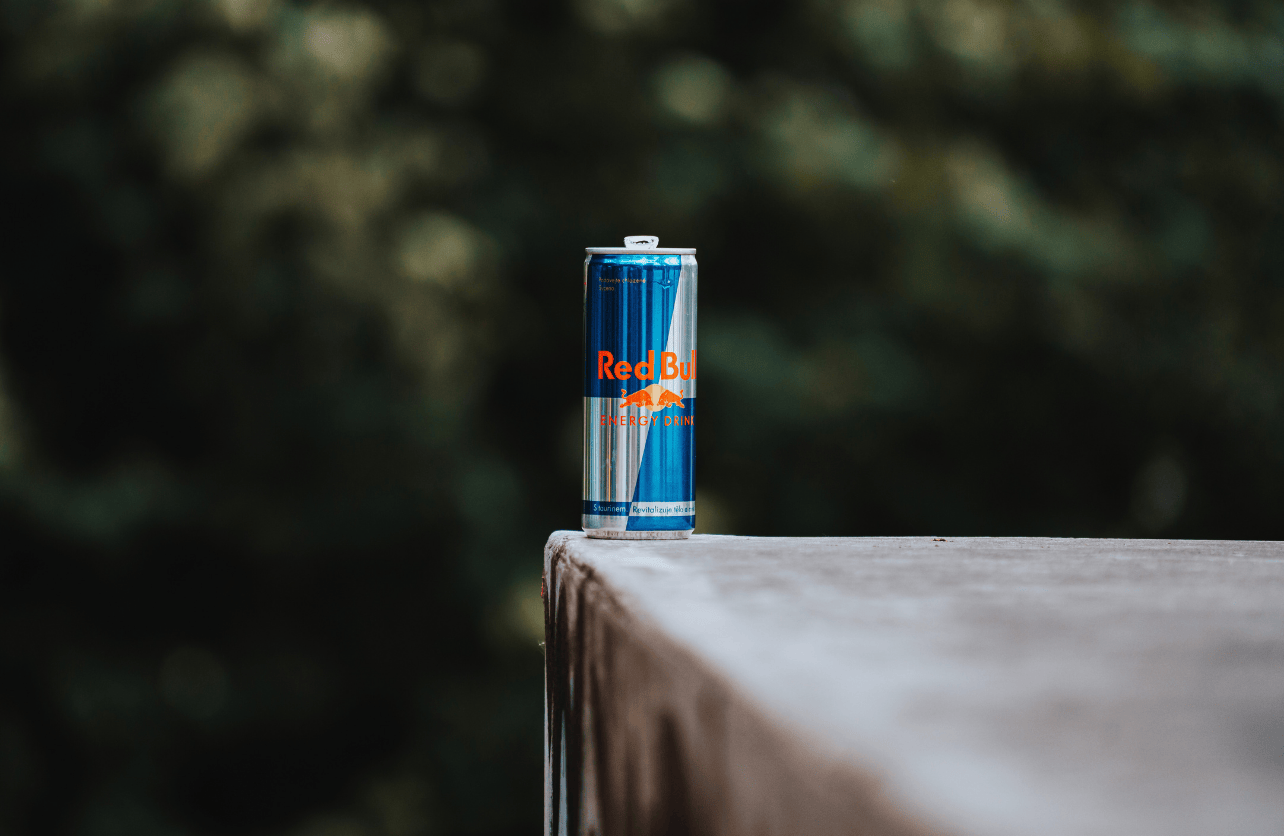How Much Caffeine Is in Monster and How It Compares to Other Options

Energy drinks have become a staple for those seeking a quick boost of energy, whether for workouts, long workdays, or late-night study sessions. Among these, Monster Energy stands out as one of the most popular brands worldwide. But how much caffeine does Monster contain, and how does it stack up against other common sources of caffeine like tea, coffee, pre-workout supplements, and other energy drinks? Let’s dive into the details.
Understanding Caffeine in Beverages
Caffeine is a natural stimulant that affects the central nervous system, helping to reduce fatigue and increase alertness. The amount of caffeine in various beverages can vary widely, influencing their energizing effects. Here’s a breakdown of caffeine content across different drinks, with a focus on Monster Energy.
Caffeine Content in Monster Energy Drinks

Monster Energy offers a variety of flavors and formulations, but the caffeine content remains relatively consistent across most of their standard products.
- Monster Energy (16 fl oz can): Approximately 160 mg of caffeine
- Monster Ultra (16 fl oz can): Approximately 150 mg of caffeine
- Monster Juice (16 fl oz can): Approximately 160 mg of caffeine
For their larger sizes:
- Monster Energy (24 fl oz can): Approximately 240 mg of caffeine
- Monster Energy (32 fl oz can): Approximately 320 mg of caffeine
Comparisons with Other Caffeinated Beverages
1. Regular Coffee

Coffee is one of the most widely consumed caffeinated beverages globally. Its caffeine content can vary based on brewing methods and serving sizes.
- 8 fl oz (240 ml) of brewed coffee: Approximately 95 mg of caffeine
- 12 fl oz (355 ml) of brewed coffee: Approximately 140 mg of caffeine
- 16 fl oz (473 ml) of brewed coffee: Approximately 190 mg of caffeine
Comparison: A standard 16 fl oz Monster Energy can (160 mg) contains slightly less caffeine than a similar-sized cup of brewed coffee (190 mg).
2. Regular Tea

Tea generally has less caffeine than coffee but can still provide a significant boost.
- 8 fl oz (240 ml) of black tea: Approximately 47 mg of caffeine
- 8 fl oz (240 ml) of green tea: Approximately 28 mg of caffeine
- 8 fl oz (240 ml) of white tea: Approximately 15 mg of caffeine
Comparison: A Monster Energy can has significantly more caffeine (160 mg) compared to an 8 fl oz cup of black tea (47 mg).
3. Pre-Workout Supplements

Pre-workout supplements are designed to enhance athletic performance and often contain high levels of caffeine.
- Standard pre-workout serving (8 fl oz): Approximately 150-300 mg of caffeine
- Popular brands like C4 or BSN N.O.-Xplode: Range from 150 mg to 300 mg per serving
Comparison: Monster Energy (160 mg per 16 fl oz can) falls on the lower end of the caffeine spectrum for pre-workout supplements, which can go up to 300 mg per serving.
4. Other Popular Energy Drinks

Energy drinks vary widely in caffeine content. Here’s how Monster compares to some other leading brands:
- Red Bull (8.4 fl oz can): Approximately 80 mg of caffeine
- Rockstar (16 fl oz can): Approximately 160 mg of caffeine
- Bang Energy (16 fl oz can): Approximately 300 mg of caffeine
- NOS (16 fl oz can): Approximately 160 mg of caffeine
Comparison: Monster Energy (160 mg) is comparable to Rockstar and NOS, while Bang Energy offers nearly double the caffeine content at 300 mg per can.
Health Considerations
While caffeine can provide temporary boosts in energy and focus, excessive consumption can lead to negative side effects, including:
- Insomnia
- Nervousness
- Restlessness
- Stomach Irritation
- Increased Heart Rate
- Jitters and Shakes
Recommended Daily Caffeine Intake
Health experts generally recommend limiting caffeine intake to:
- Adults: Up to 400 mg per day
- Teens: Up to 100 mg per day
- Children: Caffeine is not recommended for young children
Tips for Safe Consumption
- Monitor Total Intake: Keep track of all caffeine sources throughout the day.
- Stay Hydrated: Caffeine can have diuretic effects, so drink plenty of water.
- Avoid Late-Day Consumption: To prevent insomnia, limit caffeine intake in the afternoon and evening.
- Be Mindful of Sensitivity: Individuals vary in their sensitivity to caffeine; adjust intake accordingly.
Summing Up
- Monster Caffeine Content: 160 mg per 16 fl oz can
- Compare with Other Beverages:
- Coffee: 95 mg per 8 fl oz
- Tea: 28-47 mg per 8 fl oz
- Pre-workouts: 150-300 mg per serving
- Other Energy Drinks: 80-300 mg per can
Building a Stronger You
Supplement Institute is the fruit of extensive online publishing experience, spanning the breadth of SEO strategies to the nuances of paid advertisements. Our journey, marked by significant achievements and learning moments, inspires our core mission: to empower our readers with an abundance of information. By sharing insights and key learnings, we aim to provide you with the knowledge needed to navigate the complex world of supplements, helping you make well-informed decisions for your health and well-being. Welcome to Supplement Institute, where information is your greatest supplement.